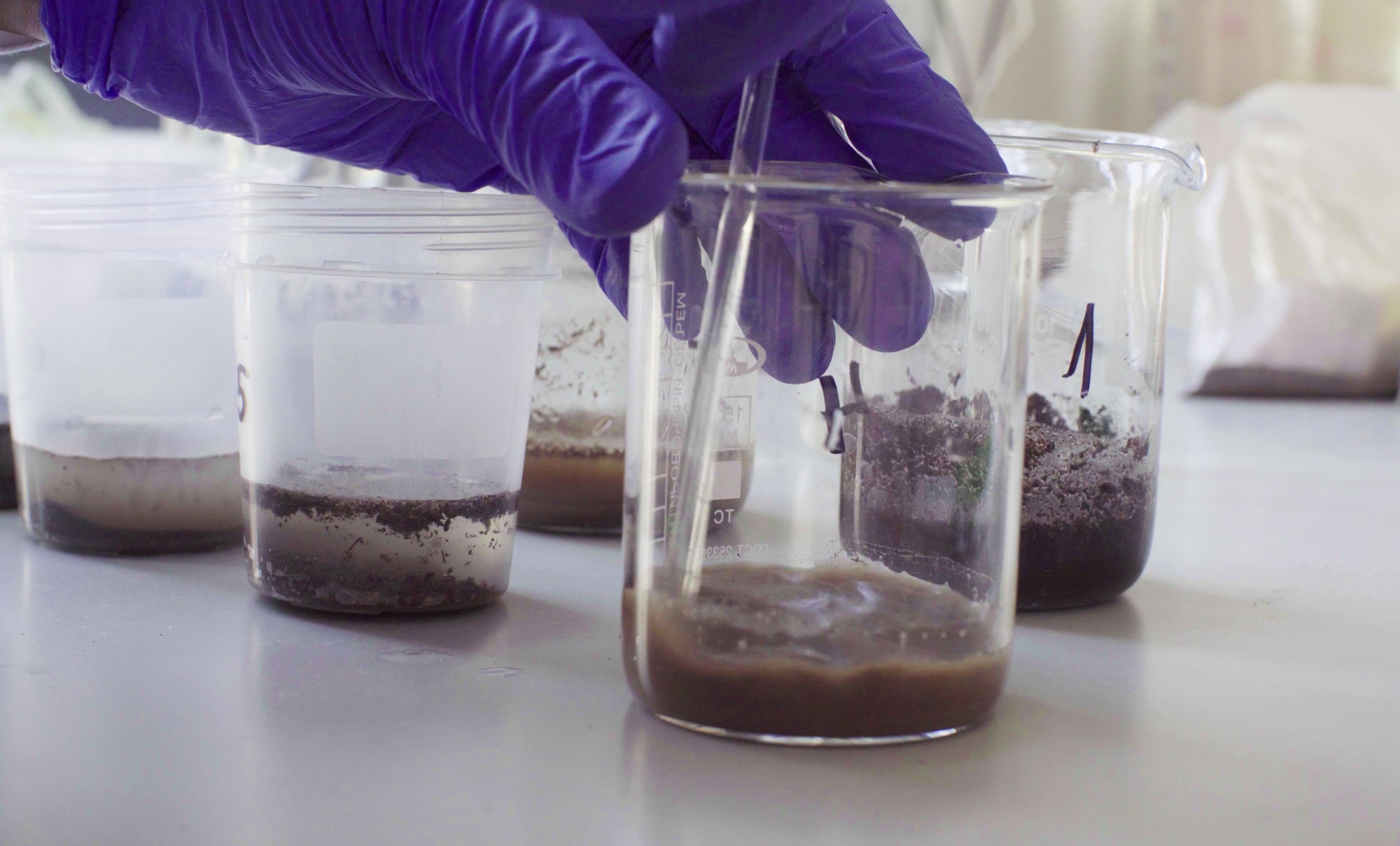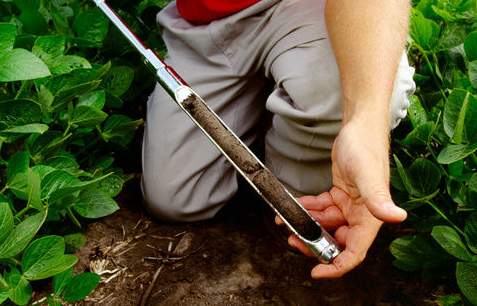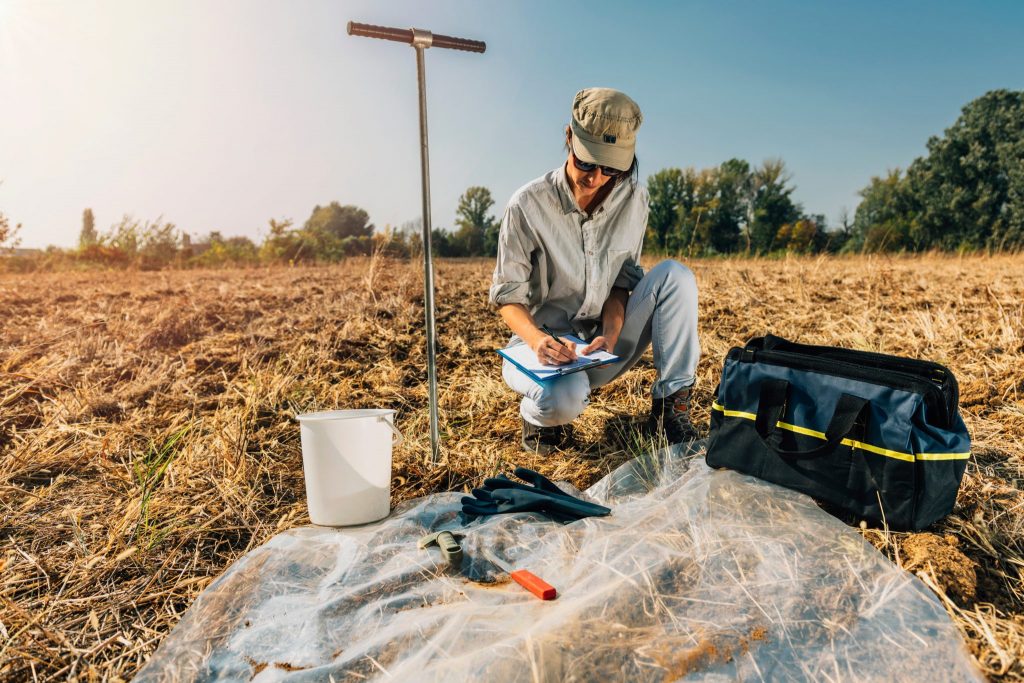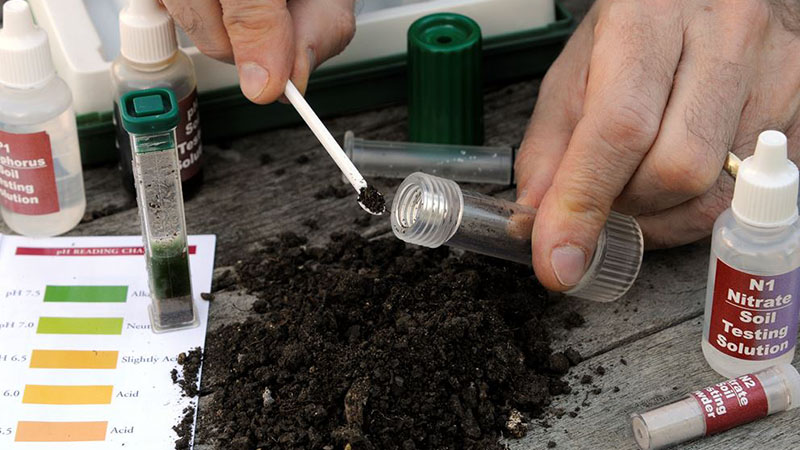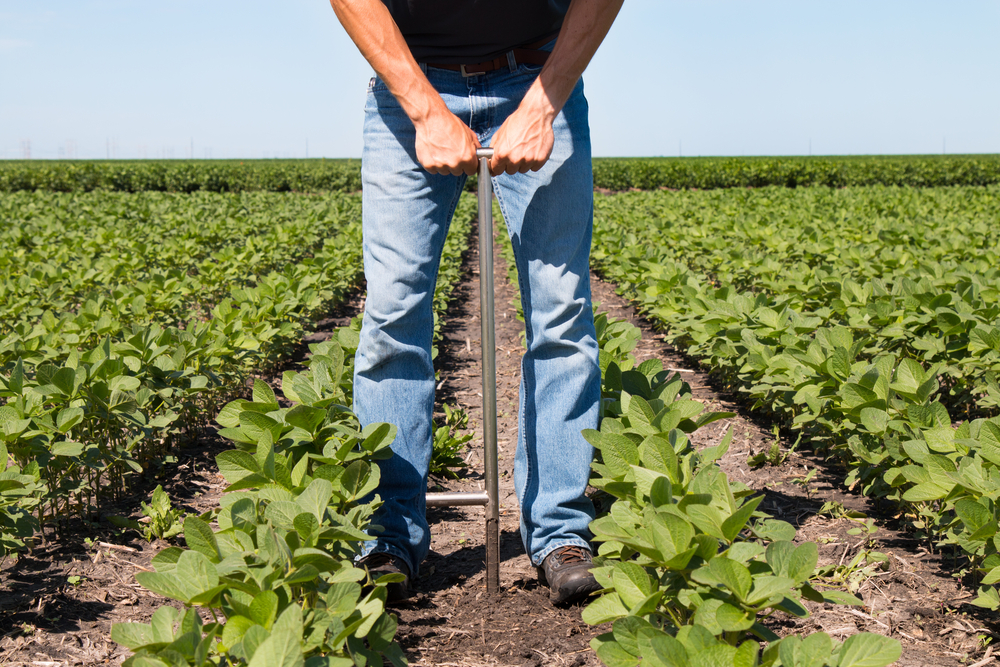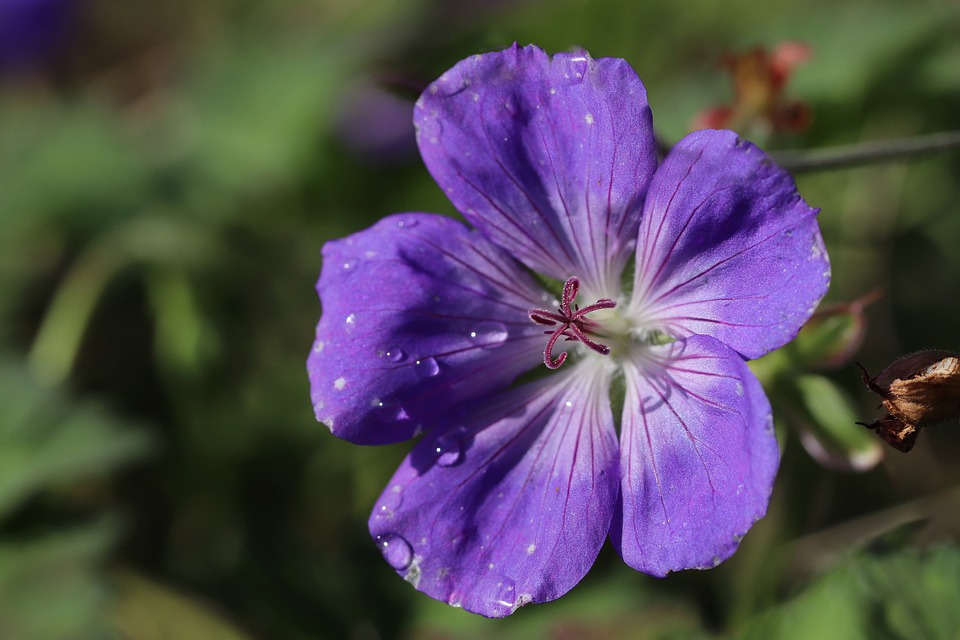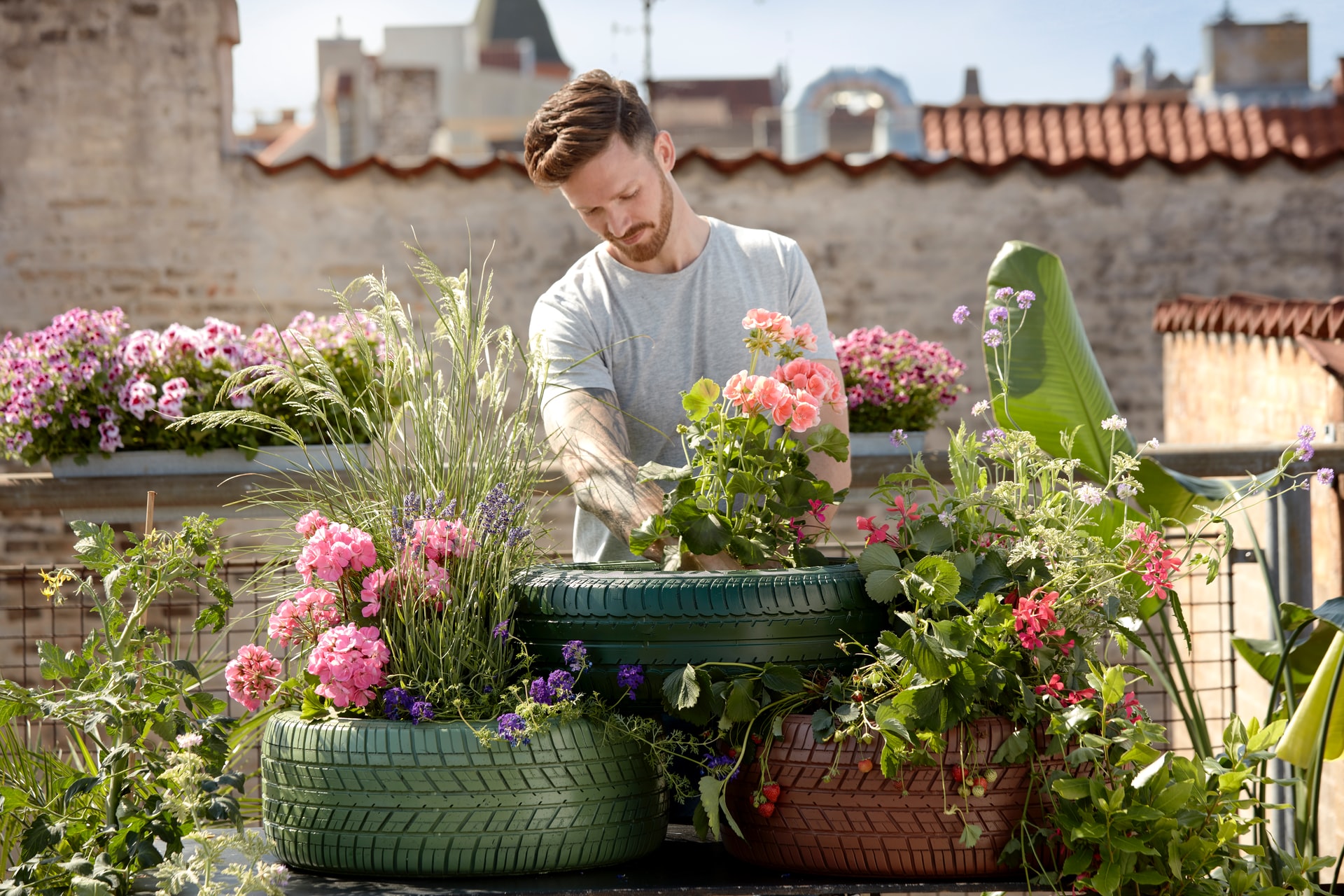Do the plants in your garden like sweet, sour, or neutral soil? If you don’t know what I’m talking about, chances are your soil has never been tested. There are no free meals, even in the garden. Depending on the natural fertility of your soil and what you grow, your plants can function for years without additional fertilizer. But sooner or later, the free food ends. Hungry plants won’t scream like hungry pigs, but they will eventually show their misery by showing stunted growth and, depending on the particular nutrients, lack discolored leaves.
The quality of your soil is as essential to your plant’s growth as the time it will take to grow. With this in mind, it is best to know the type of soil you have so that you can amend it to help your plants grow as healthy and vigorous as possible. Periodic soil analysis allows you to detect nutrient deficiencies before they get worse. In addition to indicating nutrient deficiencies, a soil test can also provide information on soil acidity, the percentage of organic matter in your soil, the texture of your soil, and whether it contains chemicals. But it won’t tell you anything about poor soil drainage, insufficient sunlight, or insects and diseases. These threats to plants can also lead to discolored leaves and stunted growth, so they should be removed before you go to soil testing.
But What to Test for?
Whether you test the soil at home or send it to a lab, you’ll have to decide what to measure. At a minimum, test your soil’s pH, which is a measure of your soil’s acidity. If the pH is not in the right range, plants cannot absorb nutrients from the ground. You should also test for phosphorus and potassium because plants need these two nutrients in relatively large amounts. A complete balance sheet would include tests for nutrients that are essential but only needed in minute quantities, such as iron, manganese, and zinc. If you regularly enrich your soil with an abundance of compost and other organic matter, there are unlikely to be micro-nutrient problems.
Some laboratories are also set up to test soils for toxic elements. For example, if your house is over 50 years old, you may want to analyze the soil for Lead from lead-based paint chipped or scraped off the siding. At older agricultural sites, you may also want to test for DDT or arsenic. Although neither is approved for domestic agriculture, these are persistent pesticides widely used in the past.
Why Is It So Important to Test Your Soil?
Growing fruits and vegetables need nutrients to grow properly. Although much of these nutrients come from the fertilizer or compost you add after planting, the roots absorb nutrients, water, and oxygen.
Root absorption is the key to feeding and watering the garden. Soil conditions must be right for a healthy root system to develop. You’ll often hear about the root system when you read soil tests. A soil test lets you know what vitamins and nutrients are present in your current soil. These include essential nutrients and trace elements, all of which are essential for your crops’ growth.
Planting a garden without first analyzing the soil is like driving a car while wearing a blindfold. The results of your tests will tell you what soil supplements you’ll need to add to prepare the field for optimal crop growth. Your soil test may indicate the need to grow your garden in a different location. If your sample shows heavy metal contamination, you should not grow food in the area. If your soil is highly alkaline, you would not want to plant blueberries or azaleas without a lengthy amendment process.
Such situations are not frequent, but that’s what you learn from a soil analysis. There are just a few things you need to know to plant and harvest food safely. Need to test your soil? Contact Action Hazmat Companies for reliable contaminated soil removal services. They will safely remove the contaminated soil and replace it with clean soil. They are also specialized in the transportation and disposal of non-hazardous waste.
